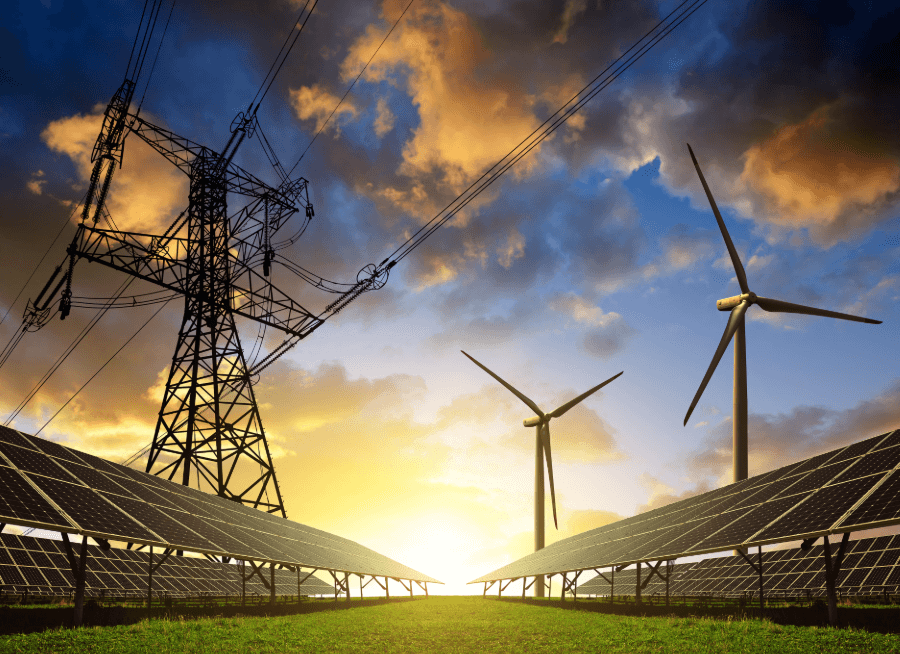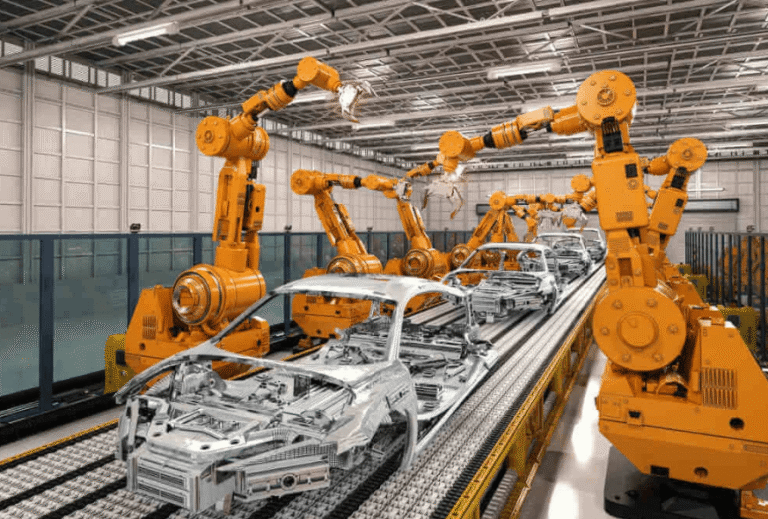Smart grids represent a transformative approach to energy distribution. They integrate advanced technologies such as real-time data analytics, enhancing operational efficiency and consumer engagement. This innovation allows for optimized resource allocation and supports decentralized energy generation. However, the transition to smart grids is not without its challenges. Understanding these complexities is crucial to grasping their potential impact on the energy landscape and the broader implications for sustainability and climate change.
The Basics of Smart Grids
Smart grids represent a transformative evolution in the management and distribution of electricity. Utilizing advanced smart grid technology, these systems enable real-time data analysis, enhancing energy management efficiency.
See also: Why Robotics Is the Future of Manufacturing
Benefits of Smart Grid Technology
While the integration of advanced technology into energy distribution systems can seem complex, the benefits of smart grid technology are substantial and multifaceted.
Enhanced energy efficiency emerges through real-time data analytics, optimizing resource allocation.
Additionally, smart grids foster consumer engagement by empowering users with insights into their energy consumption patterns, promoting informed decision-making and contributing to a more sustainable energy future aligned with individual autonomy and choice.
Challenges in Implementing Smart Grids
Although the potential of smart grids to revolutionize energy distribution is significant, several challenges hinder their widespread implementation.
Data security concerns pose risks to consumer privacy, necessitating robust protection measures.
Additionally, regulatory hurdles complicate the integration of innovative technologies, often resulting in delays and increased costs.
Addressing these issues is essential for unlocking the full benefits of smart grid systems in the energy sector.
The Future Outlook for Smart Grids
As advancements in technology continue to evolve, the future outlook for smart grids appears increasingly promising, presenting transformative opportunities for energy distribution.
Enhanced smart grid advancements will facilitate more efficient energy management, enabling real-time data analysis and decentralized energy sources.
This innovation fosters consumer autonomy, reduces reliance on traditional infrastructures, and encourages sustainable practices, ultimately reshaping the landscape of energy distribution and consumption.
Conclusion
In the evolving landscape of energy distribution, smart grids stand as the lighthouse guiding the way toward a sustainable future. With their intricate web of sensors and analytics illuminating real-time data, consumers become empowered navigators of their energy consumption. However, the journey is not without obstacles; the path must be paved with technological advancements and collaborative efforts. As the dawn of this new era approaches, smart grids will transform energy management into a harmonious dance of efficiency and innovation.



